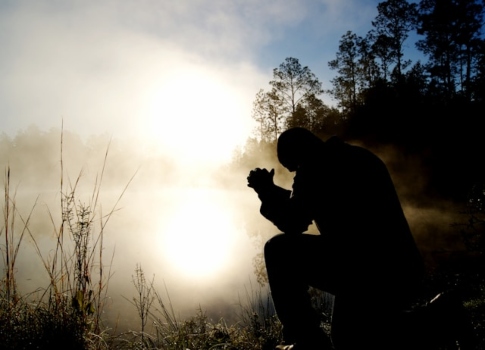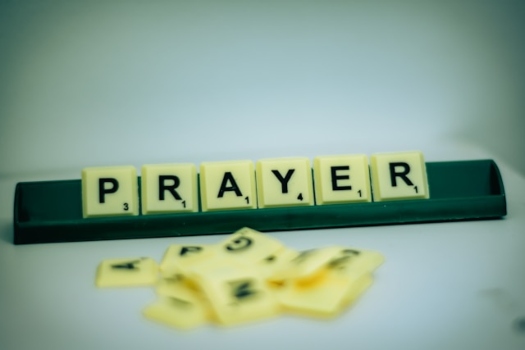And How Did He Pray?
As names in the Bible go, Jabez is not someone who we hear a lot about. He is mentioned in 1 Chronicles in middle of the genealogy of Judah. As you’re reading through the long list of names there in Chapter 4 Verse 9 and 10, Jabez pops up.
Another thing that’s a little different is that rather than telling who his father, bothers, or sons were, it says…
There was a man named Jabez who was more honorable than any of his brothers. His mother named him Jabez because his birth had been so painful. He was the one who prayed to the God of Israel, “Oh, that you would bless me and expand my territory! Please be with me in all that I do, and keep me from all trouble and pain!” And God granted him his request.

And that’s how we should pray.
Then in Verse 11, it goes right back to: so and so was the father of so and so and on and on.
Other than the fact that Jabez’s prayer is stuck in the middle of this genealogical list of names, what makes it a good example of how we should pray?
Prayer is our direct line of communication with God, our way of expressing our hopes, dreams, and desires. Among the countless prayers that have been uttered throughout history, this one stands out.
This prayer resonates with those who long to move beyond the limitations of their current situation and experience God’s abundant provision.

But what makes this prayer so different?
It’s the simplicity of it. In a couple of short sentences, it recognizes our need for God’s power to transform our lives. It’s the boldness to ask for God’s favor, knowing that He delights in blessing His children. It’s the faith to believe that God can take us from the ordinary to the extraordinary, from the mundane to the miraculous.
There are the four simple but powerful points to Jabez’s prayer –
- First, Jabez asks God to bless him. - This is a recognition that all blessings come from God and that we are dependent on God’s favor and provision. Jabez desires God’s blessings in all areas of his life, both spiritually and materially.
- Next, Jabez asks for an enlargement of his territory. - This can be understood as a request for God to expand our influence, impact, and opportunities. Jabez wants to make a greater difference in the world and fulfill his God-given purpose.
- Then, Jabez asks for God’s hand to be with him. – This is a plea for God’s presence and guidance in his life. Jabez recognizes that he cannot accomplish anything without God’s help and desires to walk closely with Him.
- Lastly, Jabez asks God to keep him from harm and free from pain. – This is a request for protection and deliverance from any form of evil or suffering. Jabez desires to live a life shielded from harm and filled with peace.
And the last words of Verse 10… “And God granted him his request.”
Too often we make prayer something too lofty and grand. Something that, as flawed and imperfect sinners, we have no right to tell God. After all, He made everything and can do anything.
We need to stop kidding ourselves. God already knows our hearts and minds. He knows what we want before we do.
This doesn’t mean that God isn’t all powerful and shouldn’t be honored. What it does mean is that there is a balance of honor and relationship.
God wants a relationship with us.

We are supposed to honor our earthly parents, but we’re also supposed to have a relationship with them.
Jabez spoke to God honestly, openly, and respectfully and God heard him.
If we align our desires with God’s, He will hear our prayers as well.








